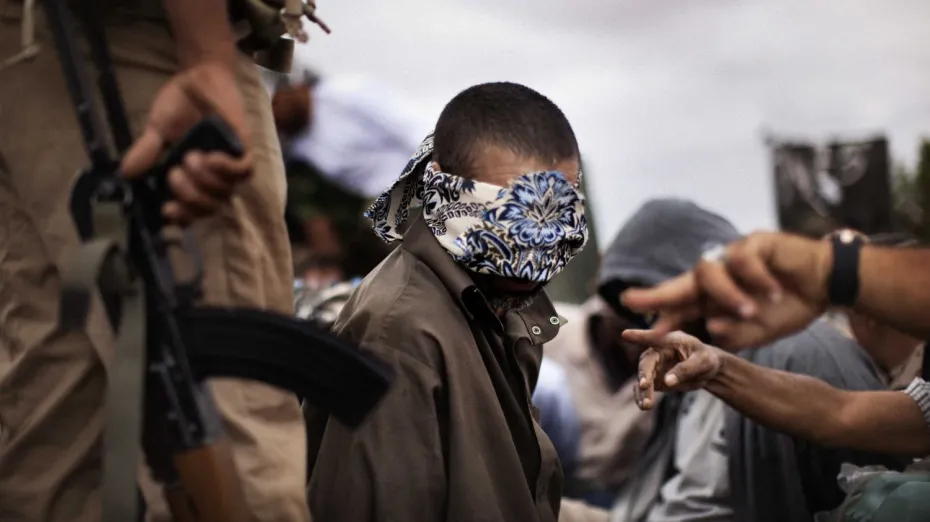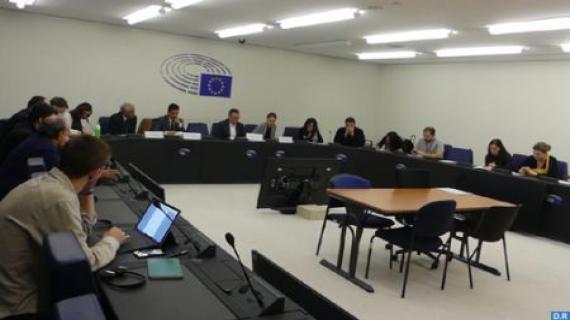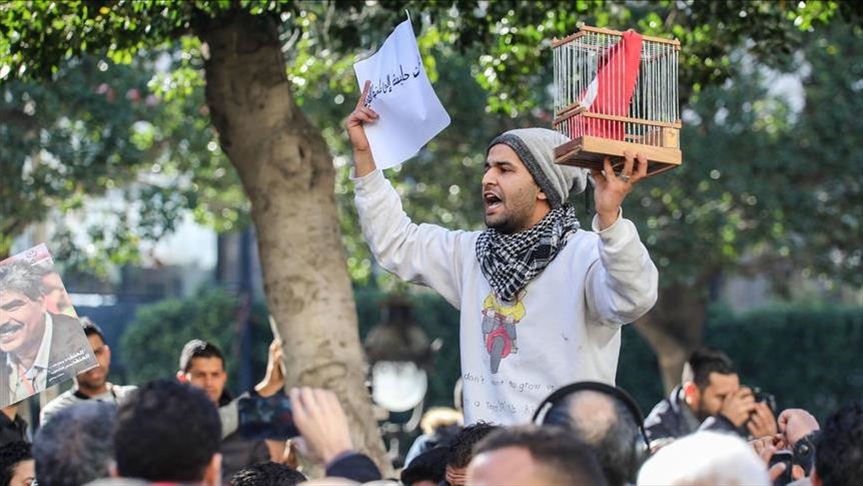Human traffickers continue to exploit domestic and foreign victims in Algeria, and traffickers exploit victims from Algeria abroad, according to the 2022 Trafficking in Persons Report issued by the State Department.
Undocumented sub-Saharan migrants, primarily from Mali, Niger, Burkina Faso, Cameroon, Guinea, Liberia, and Nigeria, are most vulnerable to labor and sex trafficking in Algeria, mainly due to their irregular migration status, poverty, and in some cases language barriers, says the report.
Last year, international organizations reported an increase in trafficking victims identified among undocumented migrants in Algeria, alerts the State Department, noting that unaccompanied women and women travelling with children are particularly vulnerable to sex trafficking and forced domestic work.
Refugees and asylum-seekers are also vulnerable to trafficking either before or during their migration to Algeria, deplores the State Department document.
In some instances, traffickers use false promises of work, such as in a beauty salons or restaurants, to recruit migrants to Algeria where they ultimately exploit them in sex trafficking or forced labor. More often, sub-Saharan African adults, en route to Europe or in search of employment, enter Algeria voluntarily as undocumented, frequently with the assistance of smugglers or criminal networks.
Many migrants, impeded in their initial attempts to reach Europe, remain in Algeria and work in Algeria’s informal job market until they can continue their journey, says the U.S. report.
While facing limited opportunities in Algeria, many migrants illegally work in construction and some engage in commercial sex acts to earn money to pay for their onward journey to Europe, which increases their risk of sex trafficking and debt bondage.
Traffickers often use restaurants, houses, or informal worksites to exploit victims, making it difficult for authorities to locate traffickers and victims. Some migrants become indebted to smugglers, who subsequently exploit them in forced labor and sex trafficking upon arrival in Algeria.
For example, some employers reportedly force adult male and child migrants to work in the construction sector to pay for smuggling fees for onward migration, where employers restrict migrants’ movement and withhold their salaries.
Many female migrants in the southern city of Tamanrasset—the main transit point into Algeria for migrants—are exploited in debt bondage through domestic servitude, forced begging, and sex trafficking as they work to repay smuggling debts.
Some migrants also fall into debt to fellow nationals who control segregated ethnic neighborhoods in Tamanrasset; these individuals pay migrants’ debts to smugglers and then force the migrants into bonded labor or commercial sex.
Tuareg and Maure smugglers and traffickers in northern Mali and southern Algeria force or coerce men to work as masons or mechanics; women to wash dishes, clothes, and cars; and children to draw water from wells in southern Algeria.
Victims also report experiencing physical and sexual abuse at the hands of smugglers and traffickers. According to civil society and international organizations reports cited by the State Department, migrant women pay smuggling networks to transport them from Tamanrasset to Algiers. After their arrival, the networks force the women into domestic servitude or commercial sex in informal brothels in order to pay the smuggling fees.
Foreign women and girls, primarily sub-Saharan African migrants, are exploited in sex trafficking in bars and informal brothels, typically by members of their own communities, including in cities such as Tamanrasset and Algiers, decries the State Department report, urging Algerian authorities to act to end these inhuman and degrading practices violating international laws.



